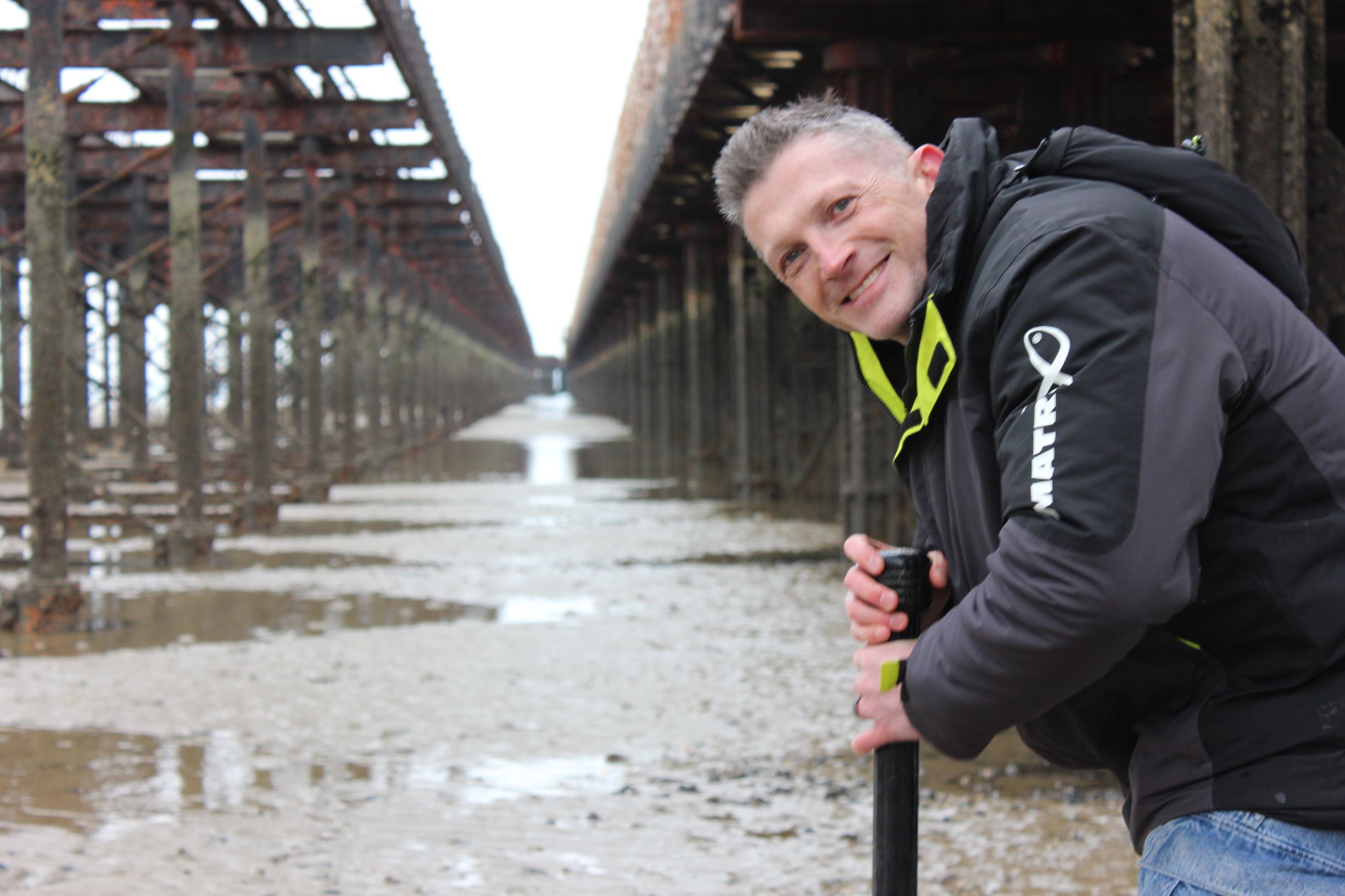
Seagrass meadows under Wightlink’s Ryde Pier reveal their secrets
31st January 2022
Wightlink has teamed up with scientists and students from the University of Portsmouth in a new environmental project to examine – and ultimately encourage – the growth of seagrass in the Solent off Ryde.
Thriving seagrass beds help to reduce carbon dioxide (CO2) in the atmosphere and at the same time increase biodiversity by creating habitat for marine life. The new project will gather more information about the Solent beds, which in turn will pave the way for the planting of more seagrass.
“The more we understand the benefits seagrass is bringing to the local environment, then the better placed we will be to develop planting projects to maximise those benefits,” says Dr Ian Hendy, senior lecturer at the Institute of Marine Sciences at the University of Portsmouth.
A team from the university is carrying out an initial survey of the seabed around Ryde Pier. This will set the baseline for the ongoing study to monitor both the seagrass population and the amount of CO2 it removes from the atmosphere.
“Seagrass performs such an important role in carbon reduction by drawing out CO2 from the environment and holding it safely in the seabed. It also provides a great habitat for marine life and helps anchor the seabed and thereby prevent coastal erosion,” adds Ian.
“There are so many good reasons to encourage its growth and the first part of that is to record where we are at this moment in time.”
The team’s fact-finding visit was scheduled for the winter months when seagrass, like many other plants, is less abundant. Ian says: “It will grow back with the warmer weather and our hope is that through future planting schemes – possibly involving sponsorship of local businesses to offset their own carbon footprints – it will continue to flourish both as an important habitat and also as a means of reducing greenhouse gas.”
Wightlink is supporting the Portsmouth team with travel as the surveys continue. Further projects at the ferry company’s ports look likely.
Chief Executive Keith Greenfield says: “We are delighted to support this work by our friends at the University of Portsmouth and, indeed, to look at other opportunities where Wightlink can be a part of understanding and improving the environment around us.”
Picture caption: Dr Ian Hendy from the University of Portsmouth surveys the seabed under Ryde Pier
For more information, please contact:
Duty Media Officer
07870906189
media@wightlink.co.uk